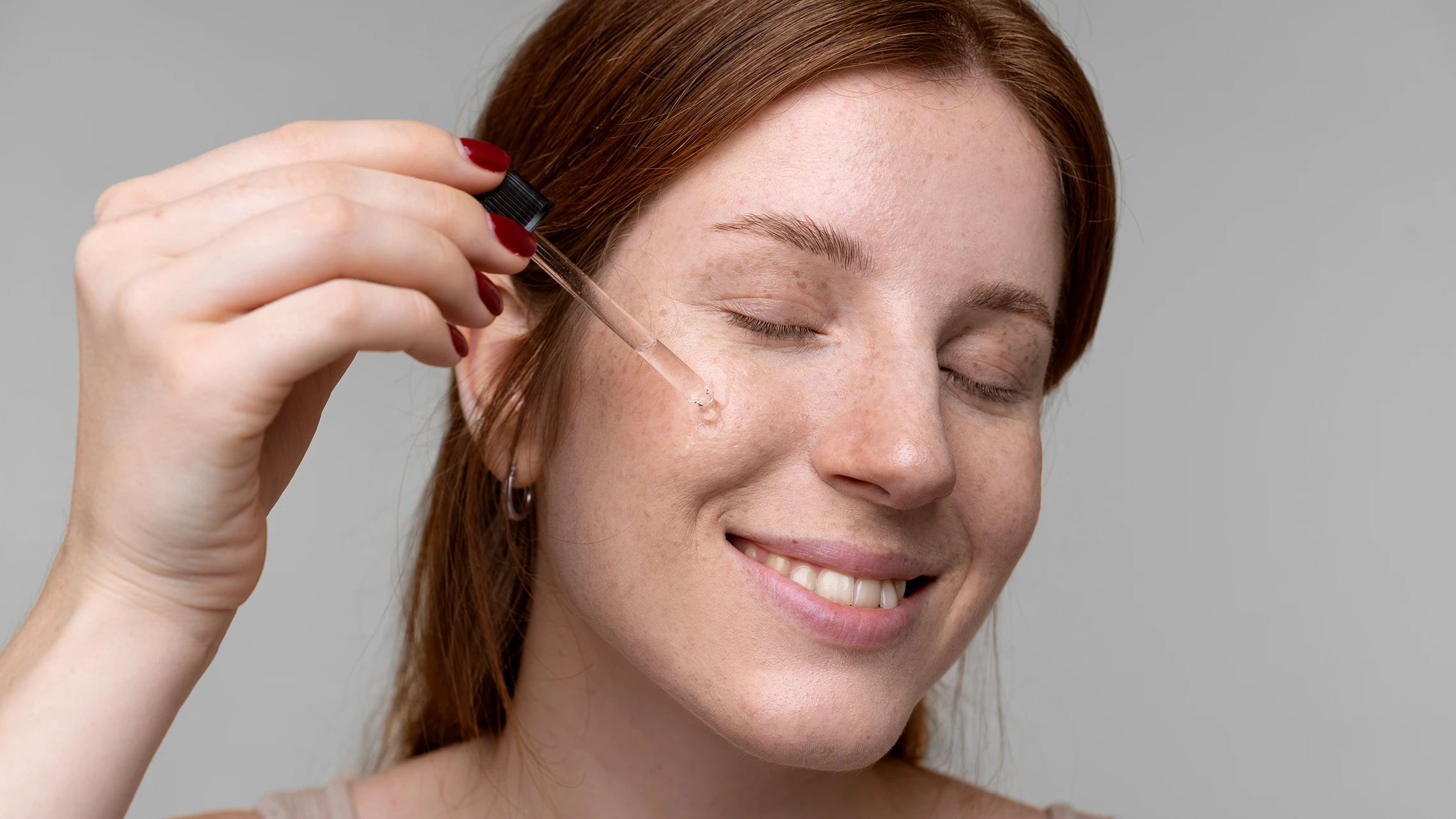
Plant oils are rich in essential skin-building compounds like ceramides, cholesterol, triglycerides, tocopherols (vitamin E), phytosterols, stanols, phospholipids, waxes, squalene, and polyphenols. When applied topically, they nourish the skin and form a protective barrier that reduces trans-epidermal water loss (TEWL).1
Contrary to outdated beliefs, the right plant oils—especially non-comedogenic ones—can be powerful allies in skin barrier repair.2 They help by:
In short, non-comedogenic plant oils can be natural solutions for acne, oily skin, and dryness. They support the skin’s ability to heal and function as it was meant to.
Natural plant oils are typically cold-pressed and classified as “fixed” oils—they’re non-volatile and don’t evaporate at room temperature. Common examples include apricot, coconut, olive, and sunflower oils.
Synthetic oils, such as paraffin, mineral oil, petroleum jelly, and baby oil, are refined from petrochemicals. While they help retain moisture, they lack the skin-nourishing and antioxidant benefits of natural plant oils.
Essential oils, though plant-derived, are highly concentrated volatile compounds—not true oils. They evaporate quickly when exposed to air and should be used sparingly and with care.
Natural plant oils can nourish and protect all skin types—acne-prone, oily, normal, or dry. However, they should not be used on skin affected by Malassezia overgrowth.
Malassezia is a yeast that normally lives on the skin, but when it multiplies excessively, it can disrupt the skin microbiome and trigger conditions like:
Malassezia feeds on the fatty acids found in most plant oils. If you’re dealing with a Malassezia-related condition, it’s crucial to use only Malassezia-safe products that won’t fuel the yeast. Avoid most fixed plant oils until your skin barrier has healed and returned to balance.